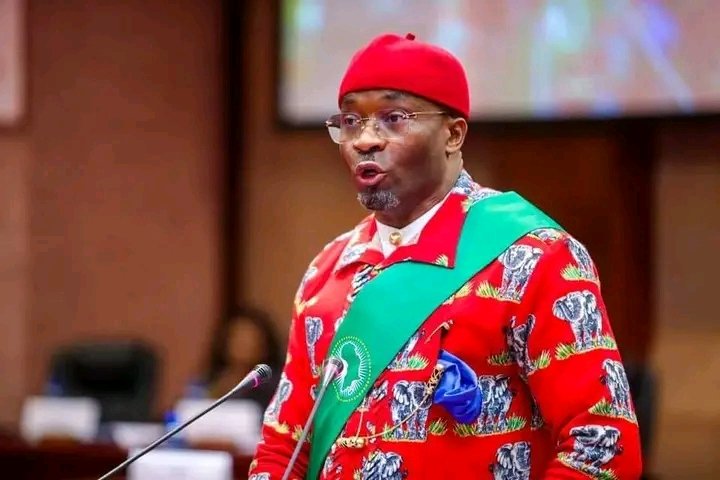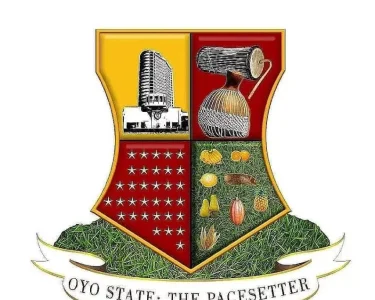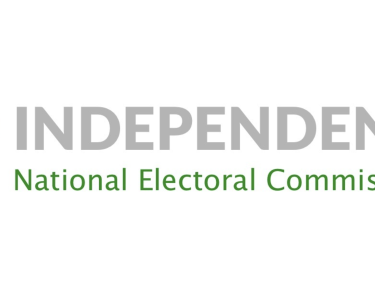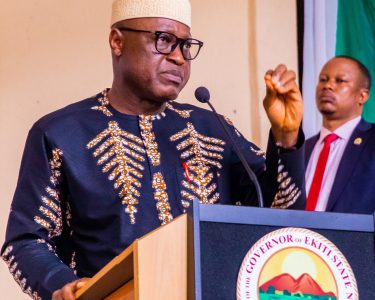Constitutional Review
House seeks international support for democratic reform
Summary
- Constitution Review Committee hosts diplomatic dinner to deepen global partnerships
- Nigeria targets technical assistance, legislative exchanges, and inter-parliamentary cooperation
- Public hearings and stakeholder engagements planned ahead of December 2025 deadline
Abuja — The Nigerian House of Representatives has intensified efforts to secure international support for its ongoing constitutional review, with a strong emphasis on global collaboration, technical expertise, and inclusive engagement.
The initiative, spearheaded by the House Committee on Constitution Review and chaired by Deputy Speaker Rt. Hon. Benjamin Okezie Kalu, aims to deliver a more robust, inclusive, and responsive constitution by December 2025.
At a Constitution Review Diplomatic Dinner held on Friday, June 20, 2025, in Abuja, the committee formally reached out to members of the international community, seeking cooperation through legislative exchange programs, expert consultations, and inter-parliamentary ties.
Kalu described the outreach as a key part of parliamentary diplomacy, aimed at enriching Nigeria’s democratic institutions through global best practices.
“We believe in learning from others while charting our own path. This review is not just about amending laws—it’s about shaping a constitution that reflects the aspirations and realities of Nigerians today,” Kalu told diplomats in attendance.
Areas of collaboration and reform focus
The committee is exploring multiple channels of international collaboration. These include legislative study tours to expose lawmakers to comparative constitutional processes; technical assistance from global constitutional experts on key topics such as federalism, electoral reform, judicial independence, and gender inclusion; and bilateral parliamentary relations with foreign legislatures to build long-term cooperation and institutional capacity.
The review also reflects Nigeria’s response to pressing local challenges, particularly around national security. Proposals under consideration include reforms to the country’s security architecture and the possible introduction of state policing.
Broad national consultations planned
Beyond diplomatic engagement, the committee is expanding its outreach to domestic stakeholders. A scheduled meeting with the Nigerian Governors Forum (NGF) on July 23 will be followed by a joint retreat with speakers of state houses of assembly from September 25 to 28, aimed at harmonizing proposed bills.
The committee has also committed to holding public hearings across all six geopolitical zones to gather input from citizens and civil society groups.
Other key stakeholders include security chiefs, political party leaders, media representatives, and civil society organisations, all of whom are expected to play a role in shaping a document that speaks to the collective will of the Nigerian people.
Commitment to global standards and local needs
This latest constitutional review represents one of the most deliberate attempts by Nigeria’s legislature to align constitutional reforms with both domestic priorities and international democratic norms.
Social media commentary from platforms such as @GuardianNigeria has highlighted the positive reception of the initiative, particularly the openness to legislative innovation and external support.
While the outcomes of the review process remain to be seen, the House’s inclusive strategy and diplomatic overtures underscore a renewed commitment to democratic governance, institutional resilience, and citizen-centred policymaking.
The committee has pledged to meet its December 2025 deadline for submitting the final set of proposed amendments, hoping to usher in a new chapter of constitutional relevance and responsiveness in Nigeria’s democracy.







